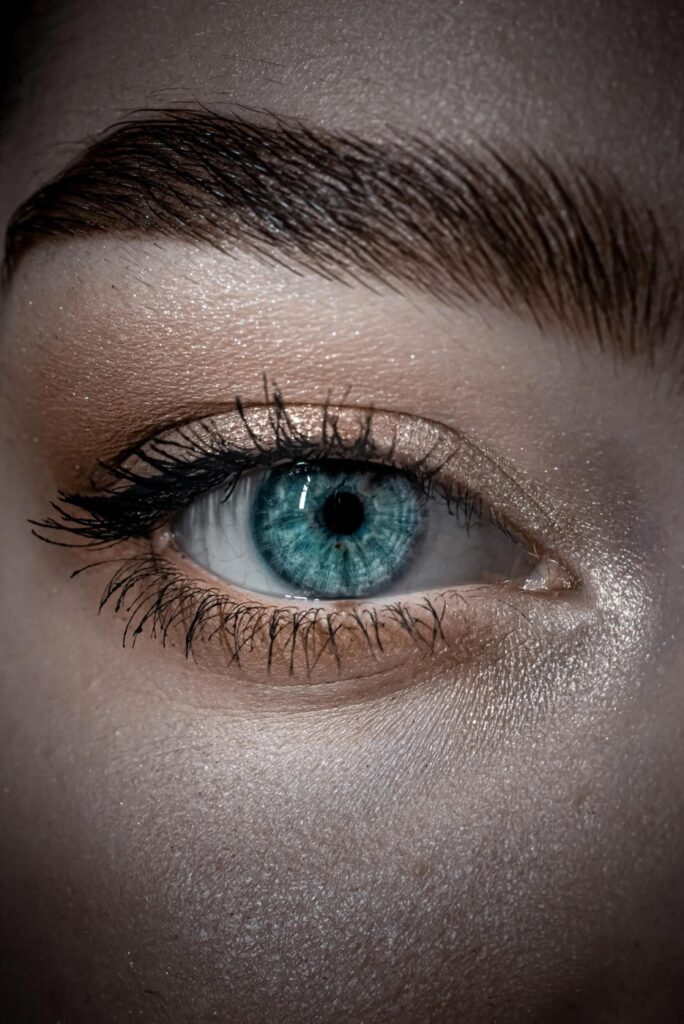Using The Most Innovative Techniques And Technologies
No More Glasses. No More Contacts: LASIK Milwaukee
If you dream of seeing clearly without glasses or contact lenses, it’s time to find out whether LASIK is right for you. At Milwaukee Eye Surgeons in Milwaukee, Wisconsin, Kenneth Weinlander, MD, a fellowship-trained cornea specialist, offers LASIK surgery to correct your vision. Call the practice or schedule a consultation online to find out if LASIK can meet your needs

LASIK Q & A

Get The Best Eyecare Now
See For Yourself
BOOK AN APPOINTMENT TODAY
Don’t Let Finances Stop You

We Offer Financing Services
We know that sometime procedures can feel expensive or unattainable due to limited financing, but that isn’t the case.
There are many services out there and some insurance providers that may help out with the cost of eye care.

Financing Plans for Procedures and Treatments with Care Credit
You can apply for a variety of financing plans through CareCredit using the online credit application. During your consultation, we can discuss the details of your financing options.
